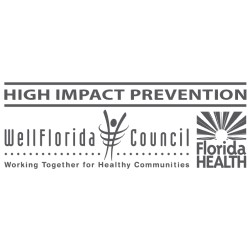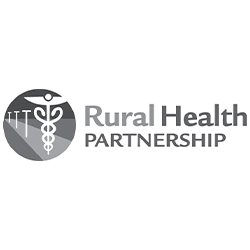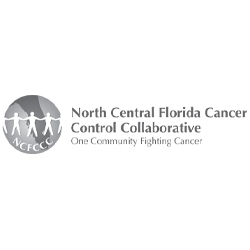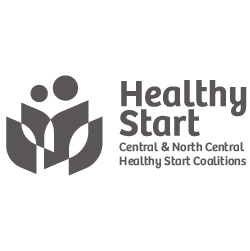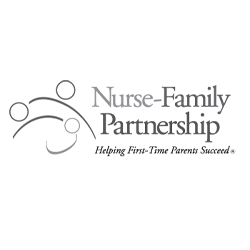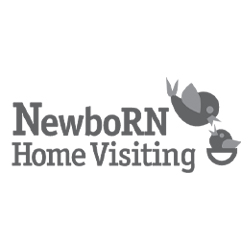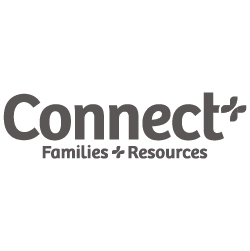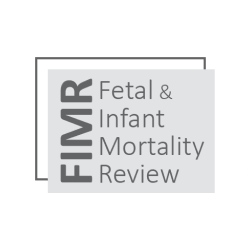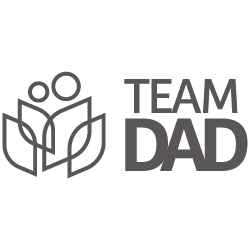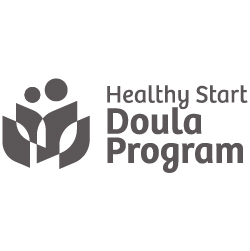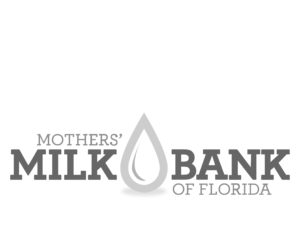Action Learning Collaborative Approach to Coordinated Intake and Referral
CityLights newsletter published by CityMatCH
Florida’s unique network of community-based Healthy Start Coalitions is providing a foundation for the development of local systems of care with a goal of linking at-risk families with services that best meet their preferences and needs.
The state is leveraging its established universal prenatal and infant screening process to facilitate access to an array of home visiting programs that focus on maternal and child health, prevention of abuse and neglect, and school readiness.
“Healthy Start was the only game in town 25 years ago, but the landscape of service availability has really changed so there was a need for a coordination point,” said Carol Brady, Project Director, Florida Maternal Infant & Early Childhood Home Visiting (MIECHV).
The question is, how do you improve coordination and collaboration among programs serving families with children age 0-3, and can it be done in a way that links families to appropriate services?
Florida’s universal screening process has been around since the early 1990s, and was primarily used to identify people who might qualify for or need the state Healthy Start program.
“There is a lot of information on that screen that could potentially be used to identify people who are eligible for other programs in the community,” Brady said.
In 2016, MIECHV launched a Learning Collaborative working with 10 local Healthy Start Coalitions to test community approaches for implementing Coordinated Intake & Referral (CI&R) for at-risk families using the state’s universal screening process.
The coalitions represented urban, mid-sized, and rural communities. Collectively, they accounted for more than 70,000 of the state’s 200,000 annual births. They were given a two-year period to craft local strategies for making home visiting a “hub” of local place-based early childhood systems. The aim being for families to receive the best services for their needs, as well as to minimize duplication of services, ensure effective use of local resources, and collectively track what happens to each family.
“We did not have a goal within the project period of developing a full-scale, fully-operational CI&R at the end of the time,” said Lisa Pelle, CI&R Consultant, Florida MIECHV. “This was really about taking the time and resources and encouraging them to start exploring what this would look like at the local level.”
Coalitions used an Action Learning Collaborative (ALC) framework to guide the work, which began with a 9-month planning period. Brady and Pelle agreed that the planning period was a challenging, yet a critical phase for all 10 coalitions. It allowed them the opportunity to learn more about CI&R, it gave time to explore what programs and services are available in the community, and it gave them the chance to build or even reestablish relationships with partners.
During the planning period, the coalitions formed community teams, created and tested decision trees, and created transparent processes for tracking referrals and enrollment in participating programs.
They incorporated Continuous Quality Improvement by using Plan-Do-Study-Act (PDSA) cycles to do small tests of change. Brady said that the evaluations were important and teams began thinking about how to use data to measure impact. She said it also helped uncover challenges.
“The challenges are helping us improve our capacity for tracking referrals and enrollment within the Healthy Start data system to support CI&R,” Brady noted.
As the MIECHV project period ends September 2017, the Florida Department of Health (FDOH), the state Title V agency, will begin incorporating the CI&R within the framework for all of the state’s 32 Healthy Start coalitions starting in 2018. Brady said that MIECHV will continue providing some support to the 10 coalitions, and will coordinate with FDOH to help scale the work. The 10 coalitions already engaged in the work will provide peer support for other Healthy Start coalitions.
“The pilot sites did amazing work and demonstrated their value as back-bone organizations for coordinating access to care,” Brady said.
“What we learned is that this can work regardless of the size of your community,” Brady said. “The coalitions and their effectiveness in bringing partners to the table and commitment to working through inevitable challenges, was key to the success of this effort.”
Back to News page
